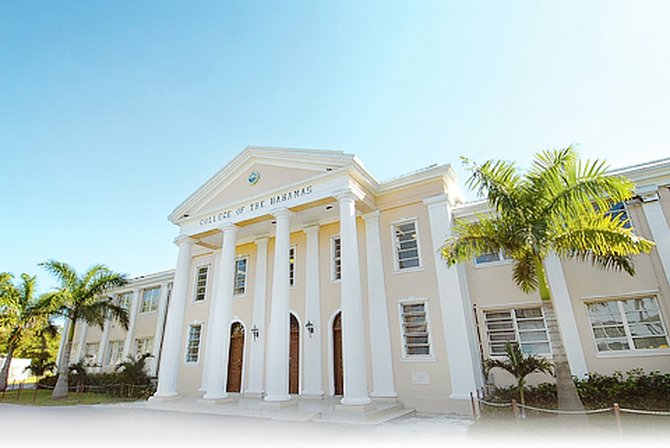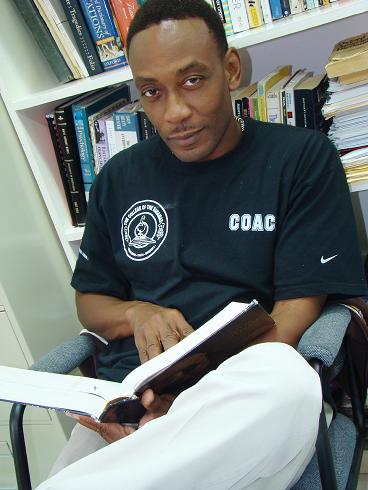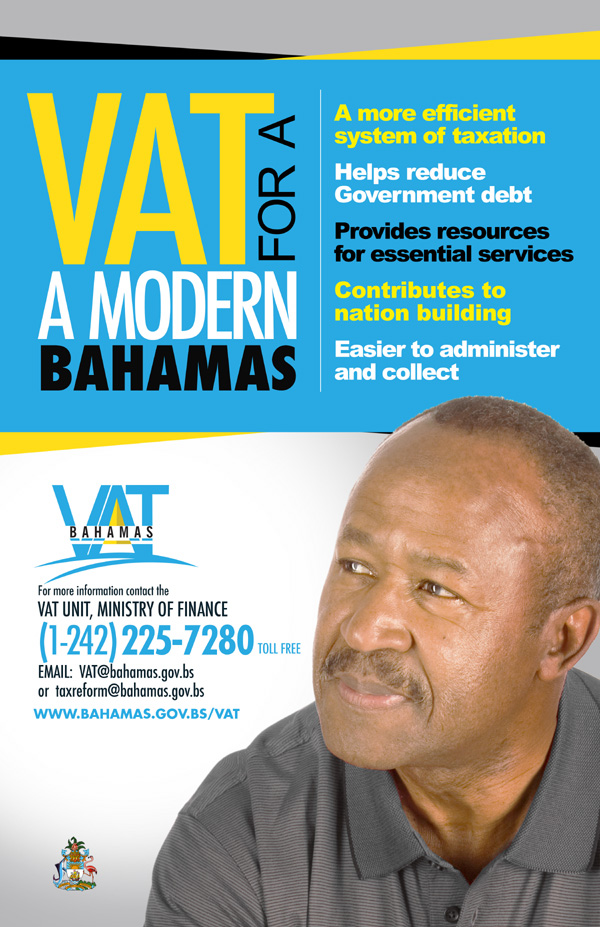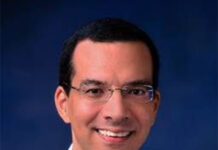Mark Humes attempted to drag COB into a LIE! Humes being an educator should have done his research!


STATEMENT BY COB — The College of The Bahamas will be transitioning to the University of The Bahamas within a year. By doing so, the nation’s primary tertiary-level institution is positioning itself to be an even greater instrument of those public and non-public strategies that support national development goals. Accordingly, when the opportunity presented itself for the soon-to-be university to be involved in a major initiative of the Government of The Bahamas to diversify the economy, to create a greater level of food security and to encourage applied research across our archipelago, the opportunity was embraced. How could it not?
Contrary to what the President of the Union of Tertiary Educators of The Bahamas (UTEB) has stated in the press, COB is not in a “forced relationship” with the Bahamas Agriculture and Marine Science Institute (BAMSI). The mission of BAMSI is in complete alignment with the mission of the College and the University. Through its whole-hearted embrace of its partnership with BAMSI and by attempting to ensure BAMSI’s success, the College/University fulfills one of its key strategic goals. Administrators and faculty members alike see it as a privilege for our beloved institution to be asked by the Government of The Bahamas to provide academic quality-assurance oversight of such a major initiative of the Government to promote food security and applied research in agriculture and the marine resources of The Bahamas. Therefore, it is a surprise that some would see this function for something other than the academic function that it is. Indeed, it has not been unreasonable to anticipate that the College would be unanimous in its support of a COB partnership with BAMSI.
The relationship between the College and BAMSI is being structured through a general Memorandum of Understanding and a Franchise Agreement. These agreements define the relationship between COB and BAMSI, the obligations of both parties under the agreements, the joint endeavors anticipated to be effected through the collaborative efforts of the parties and generate a new stream of revenue for COB. Acting in good faith, the institutions, who will be the parties to both agreements, will have begun to collaborate and create a partnership relationship before the agreements have been signed. This is not an uncommon practice where the parties to such agreements are acting in good faith. Indeed, the College’s general experience with MOUs suggests that such instruments are more meaningful when they consummate a relationship that is already being worked out ‘on the ground’. An MOU and a Franchise Agreement between COB and BAMSI is currently being reviewed by both parties in the knowledge of the many practical issues that need to be resolved as a consequence of the already established working relationship between the parties. The UTEB President would have the College wait to begin the working relationship with BAMSI after the MOU had been signed with BAMSI. This is a distorted understanding of how the world works and truly naïve when you consider that behind BAMSI stands the Government of The Bahamas, which is the main funding source for COB.
BAMSI does not pose an economic strain on the College, as the UTEB President erroneously and disingenuously has been suggesting to the press. As the President of UTEB sits on the Council of the College of The Bahamas, he is well aware that the College sees its partnership with BAMSI not only as a process of attempting to fulfill its national development promise to the nation, but as an investment in a means by which the College can diversity its revenue streams. Far from being an economic strain on COB, BAMSI represents an economic opportunity for COB and the future university.
The COB-BAMSI collaborative partnership represents a potential shift for COB – a shift in which COB begins, as the forerunner of the University of The Bahamas, to seek out revenue-generating opportunities for the institution and research collaboration opportunities for its faculty members by deepening its engagement – through research, advisory services and outreach service – with the life of the nation. This shift going forward rests on the confidence Bahamians will repose in the University of The Bahamas, which is intimately tied to the University of The Bahamas’ belief in itself. Press statements that would have the effect of disturbing COB’s momentum towards deepening its community engagement only pose a threat to, and lack of understanding of, this shift.











